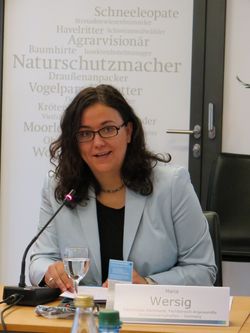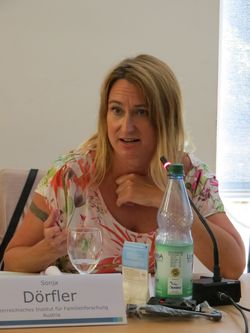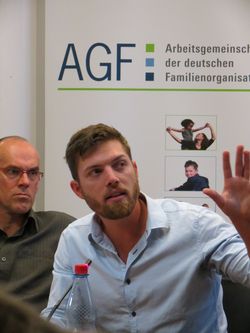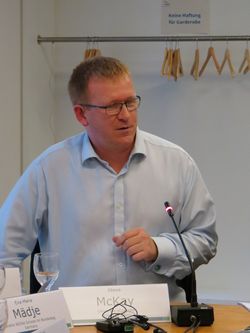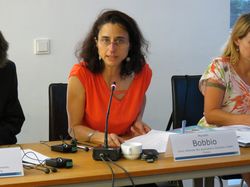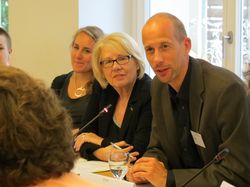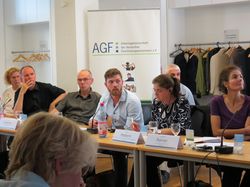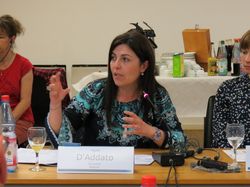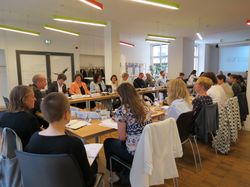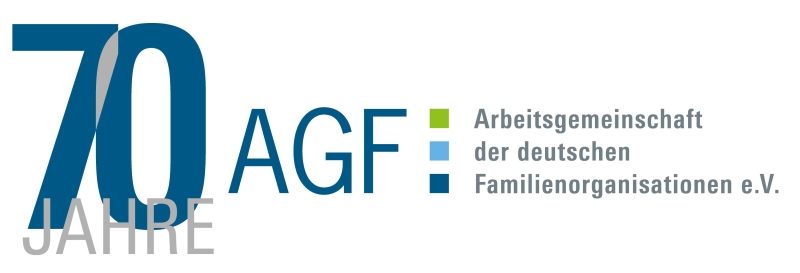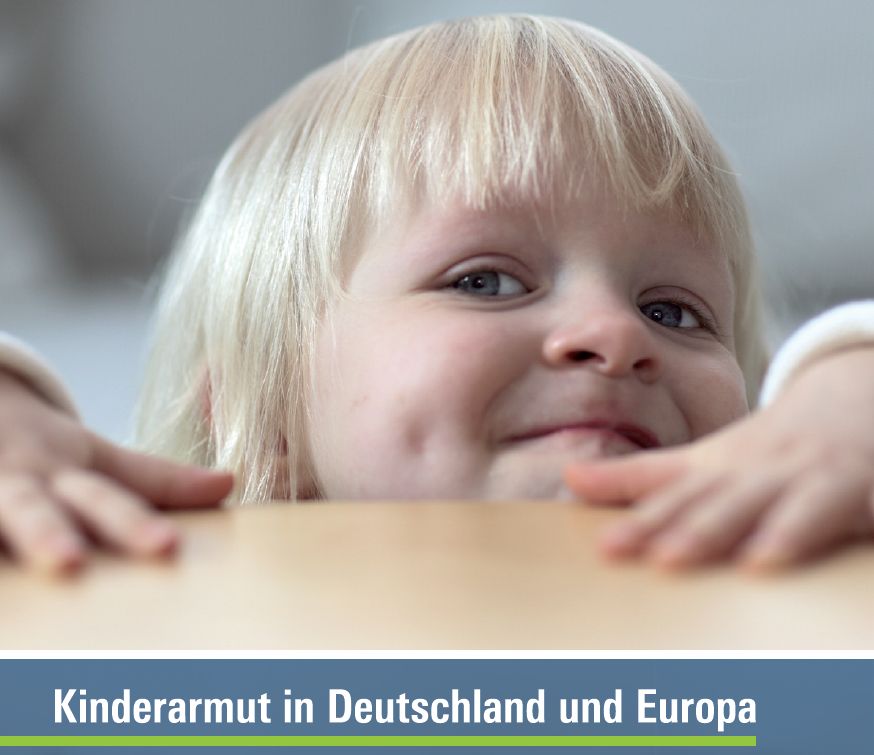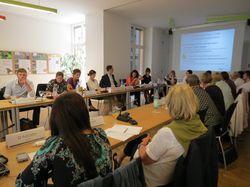
On Monday, 27 June experts from different European states discussed possibilities on meeting the subsistence minimum of a child. The meeting took place in Berlin. Besides a detailed introduction in the controversial topic, examples from Austria, Belgium, Great Brittain and France served as basis for the discussions.
In nearly all European states the question needs to be answered how a subsistence minimum for children and families can be secured by the social system. The different states tackle this challenge in different ways and to different degrees of success. For instance, the German system has been criticized for a long time, since its combination of a child benefit and a tax free child allowance is incomprehensible to many and leads to social inequalities. Also, its overall level has been criticized as being too low.
In general, this is an important topic for families and family politics, particularly because the definition and the system of a subsistence minimum for children and families have a major impact on other social standards as well (in social, fiscal and maintenance law).
Maria Wersig, University of Applied Arts Dortmund in Germany set the scene by analysing the underlying general challenge. She explicitely showed the controversial discussions that currently take place in Germany because of the varios and partly contradictory measures.
On this basis experts from different European countries presented the respective measures that are used to meet the challenge:
Sonja Dörfler, Austrian Institute for Family Studies (ÖIF), Vienna, presented the Austrian model. She stated that the competences for family allowances are devided on the two levels, the national and the regional one, which would make the system complicated and partly inequitable.
Toon Vanheukelom, University of Leuven explained, that since 2015 in Belgium it is the state level that is responible for the child benefits. So he particularly concentrated on the Flanders system. There the state has just introduced a new system for children born after 1/1/2019. In this new system the age and rank of children play a much smaller roll for the child benifits than it used to do in the old system.
Steve McKay, University Lincoln, presented the situation inGreat Britain. He stated that child poverty used to be a central part of the policy-making of UK governments until 2010. Since then the generosity of benefits has been severely reduced and child poverty would now be seen less as a matter of income redistribution, and more about getting people into paid work. So the rates of benefit for children would remain inadequate for social participation.
Myriam Bobbio, Union Nationale des Associations Familiales (UNAF), France, tackled the question on how much children and their families would need for a decent life. She presented the Standard-Budgets, done by UNAF which were introduced in 1952 have been updated several times since then (last update: 2012).
The approaches and open questions concerning the inputs were discussed directly following the respective presentations. The conclusions of the different methods were drawn by the participants in the closing discussion.
All presentations will be available on our website. Also there will be a documentation summarising the inputs and discussions and conclusions. The documentation will be available online and as a print version. If you are interested in being notified when the documentation is published, you are welcome to send an email to info [@] ag-familie.de. All participants will receive an issue automatically.
